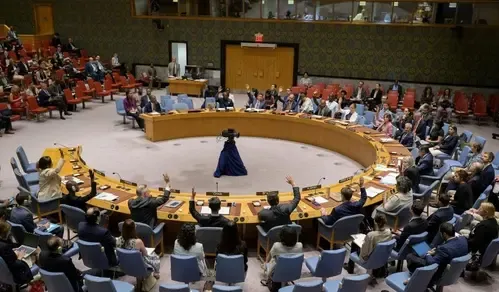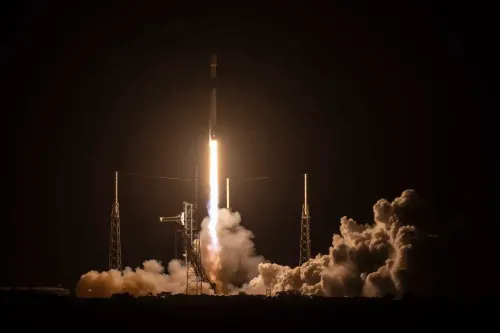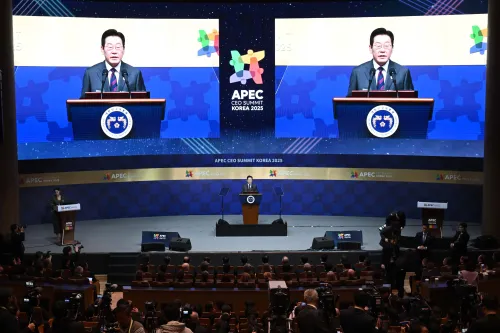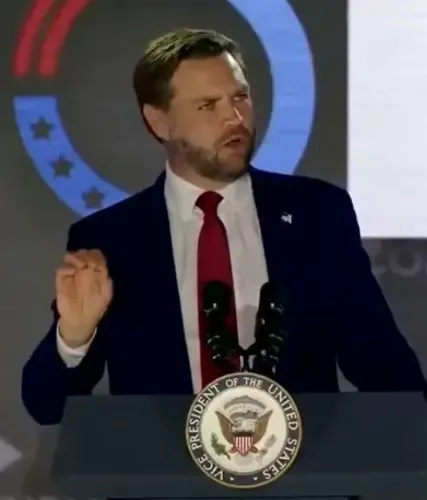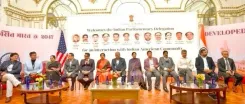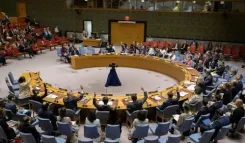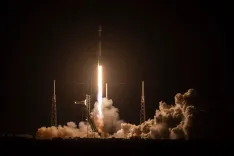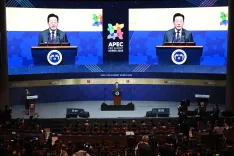Why Did the UN Condemn the Truce Violation in Libya's Capital?
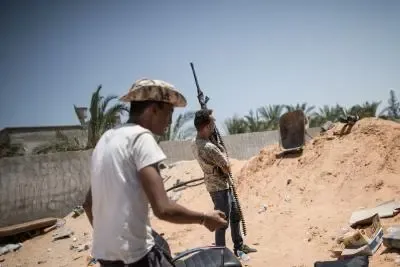
Synopsis
Key Takeaways
- UNSMIL condemns truce violations in Tripoli.
- Clashes erupted during Eid al-Adha celebrations.
- High risk of civilian casualties in urban conflicts.
- The need for dialogue and respect for the truce.
- Libya remains politically divided since 2011.
Tripoli, June 10 (NationPress) The UN Support Mission in Libya (UNSMIL) has expressed its strong condemnation regarding the breach of the truce in Tripoli, where earlier today, clashes ignited between rival armed factions during the Eid al-Adha festivities.
In an official statement, UNSMIL called on all involved parties to adhere to the established truce and to avoid actions that might jeopardize it, as reported by Xinhua news agency.
"Urban conflict significantly increases the risk of civilian casualties," the mission stated, urging all factions to steer clear of provocative behaviors and engage in dialogue via the truce mechanism.
Additionally, the UN Security Council recently issued a press release emphasizing the need to hold accountable those responsible for assaults on civilians.
Witnesses reported that conflicts erupted earlier on Monday among competing armed groups in various areas of Tripoli, causing panic among residents. Fortunately, no injuries have been reported as of yet.
The Libyan Defence Ministry confirmed that the clashes have concluded, cautioning against future violations, and reiterated its commitment to taking necessary actions to ensure security.
Violence has been a recurring issue in Tripoli, with significant confrontations occurring last month between factions loyal to the Government of National Unity (GNU) and the Stability Support Apparatus, a heavily armed group wielding considerable influence in the capital.
Since the 2011 NATO-backed uprising that ousted long-time leader Muammar Gaddafi, Libya has been fragmented. The country remains divided between rival authorities: the UN-recognized GNU in Tripoli and an eastern government supported by the Libyan National Army (LNA) led by Khalifa Haftar.
The Libyan Army, as part of the country’s wider military forces, is distinct from the LNA, which maintains its separate identity.
In Tripoli and other regions under GNU authority, armed groups are still competing for power despite ongoing appeals for disarmament and the integration of security forces.

